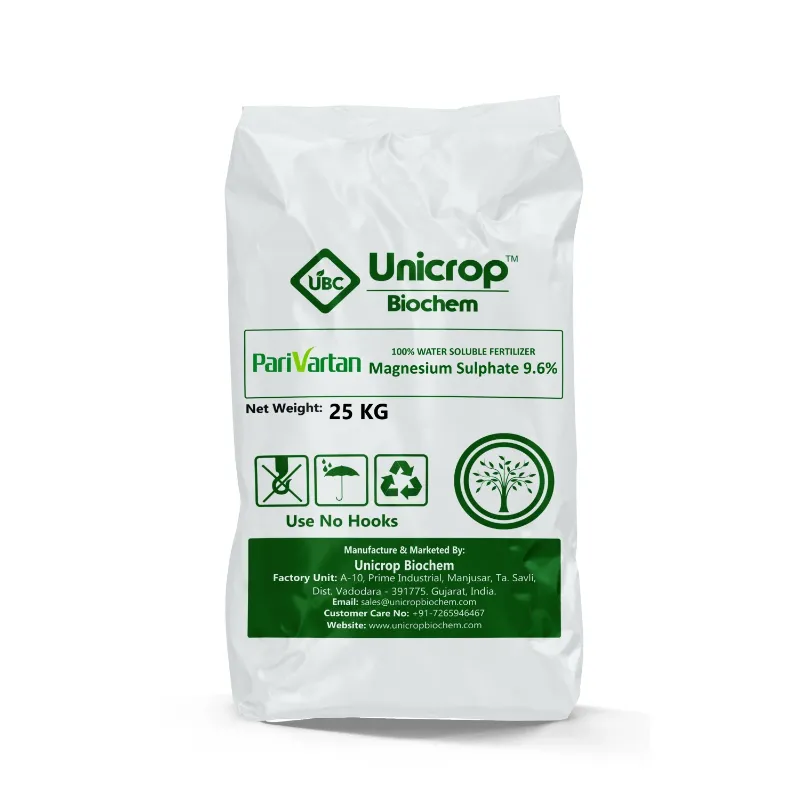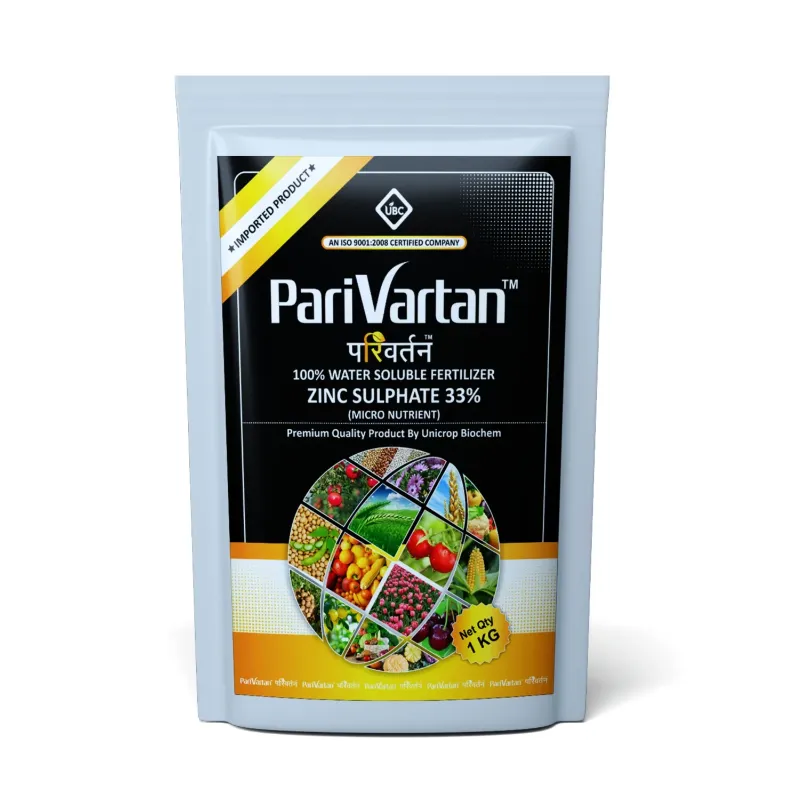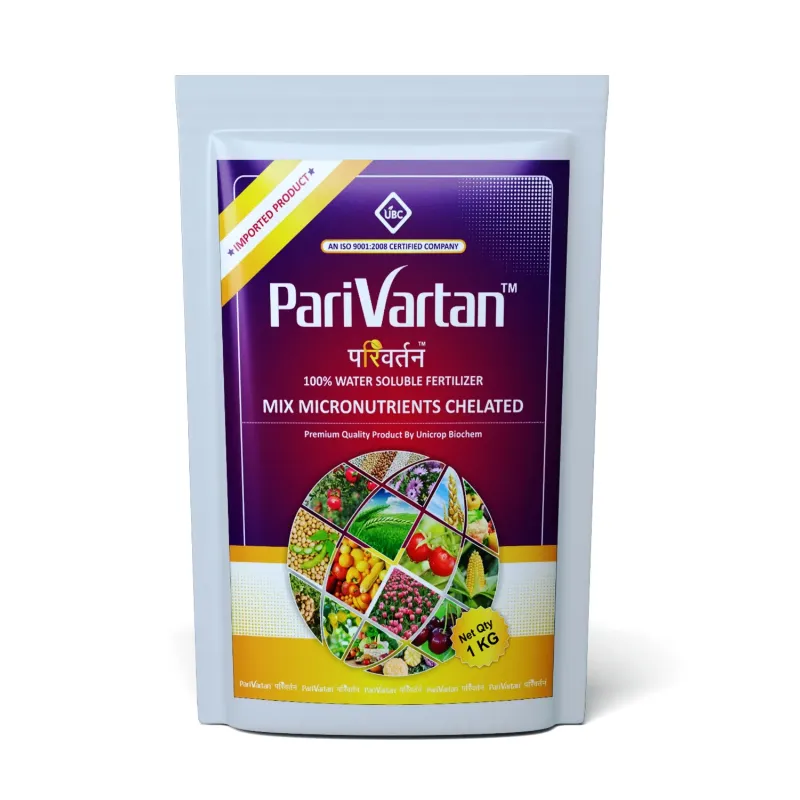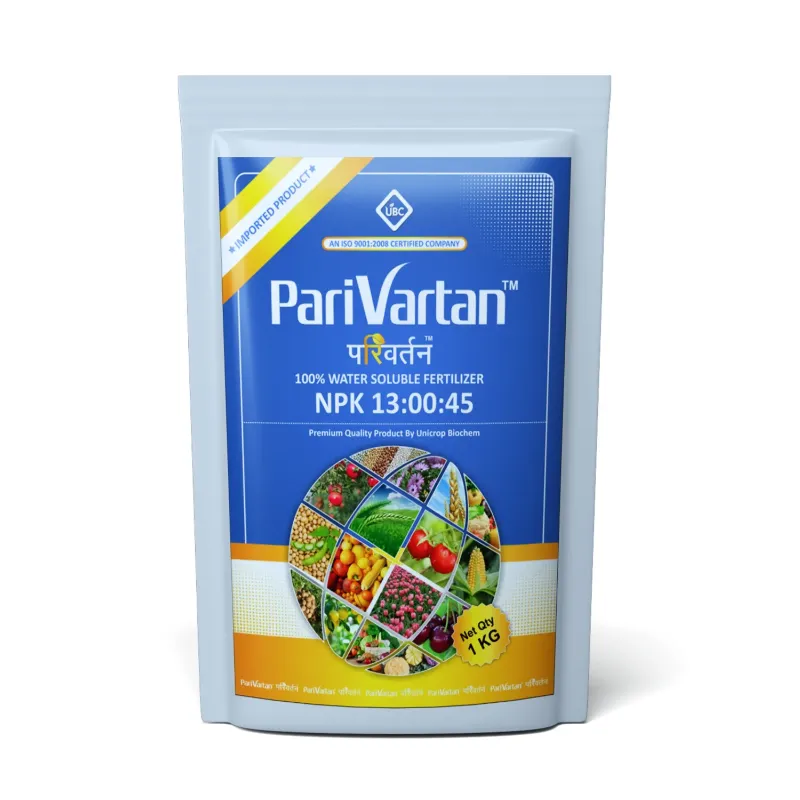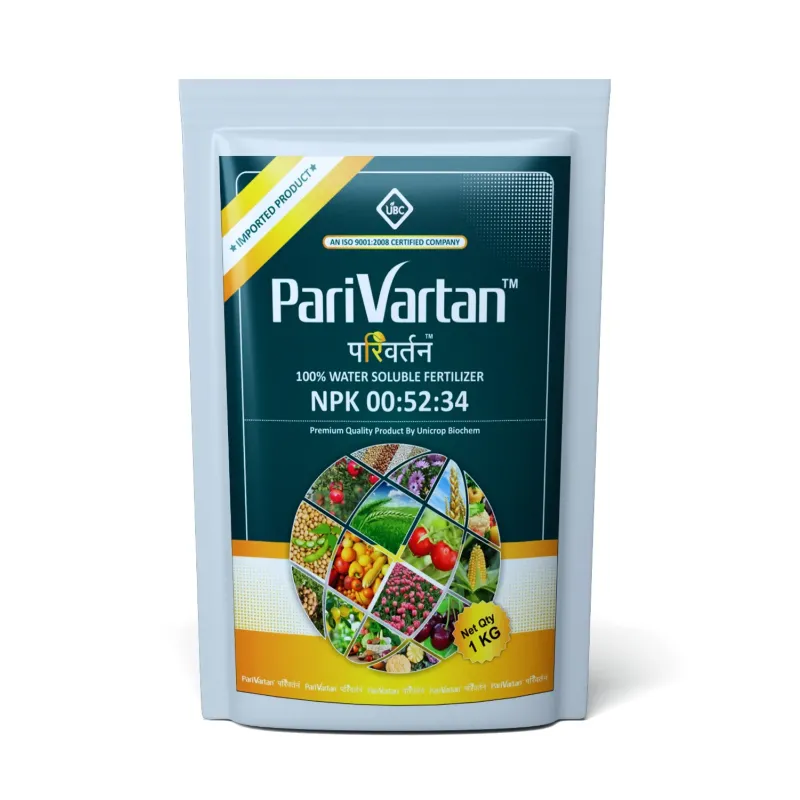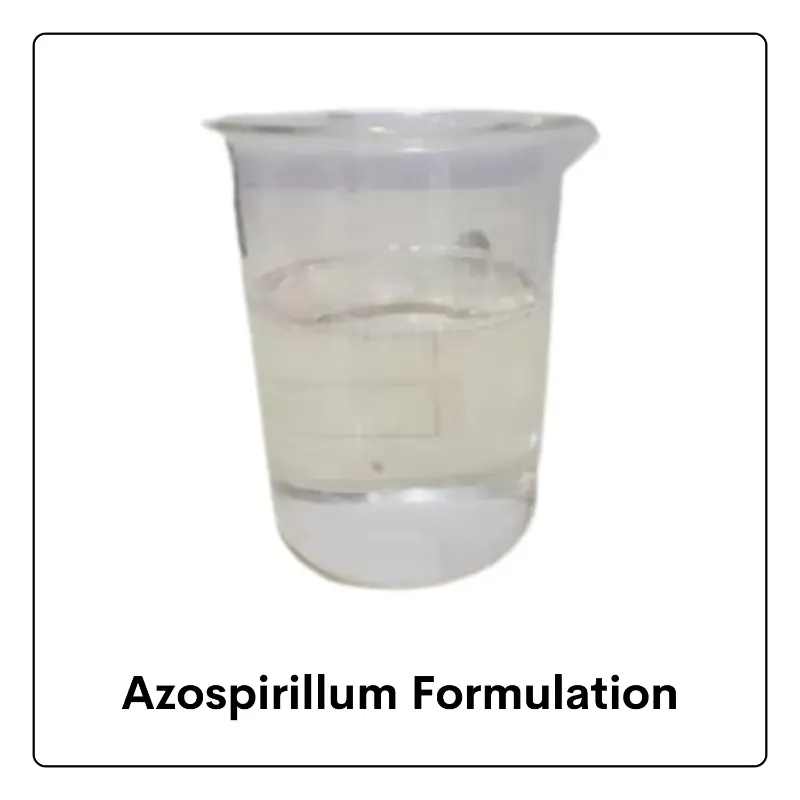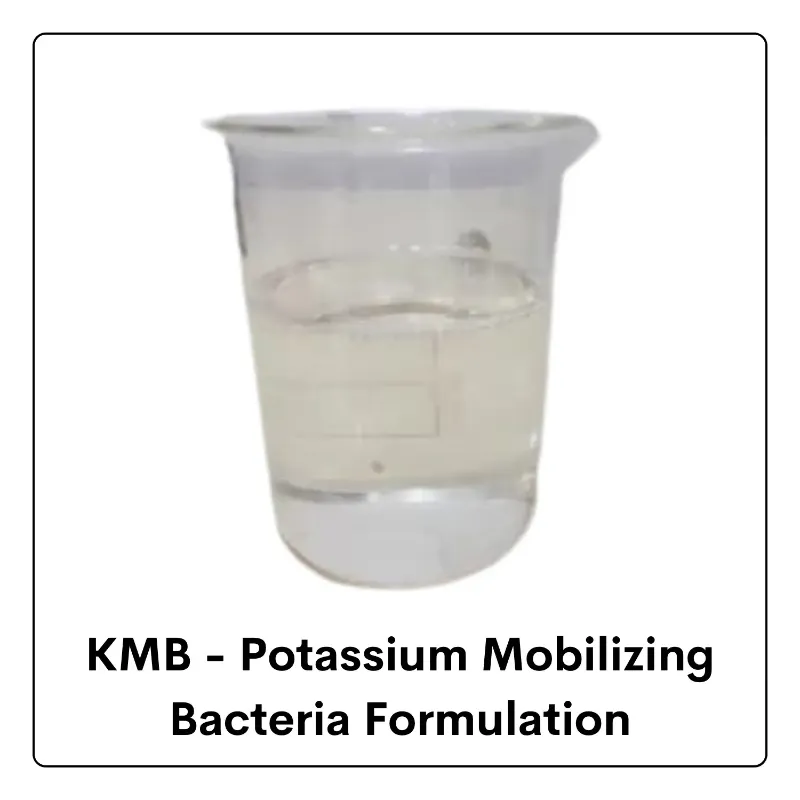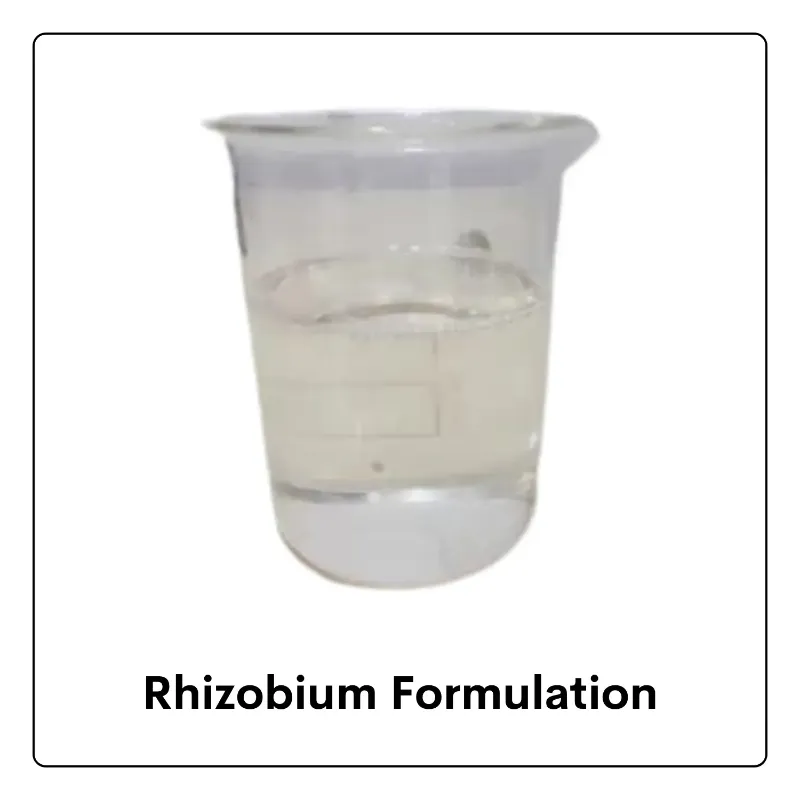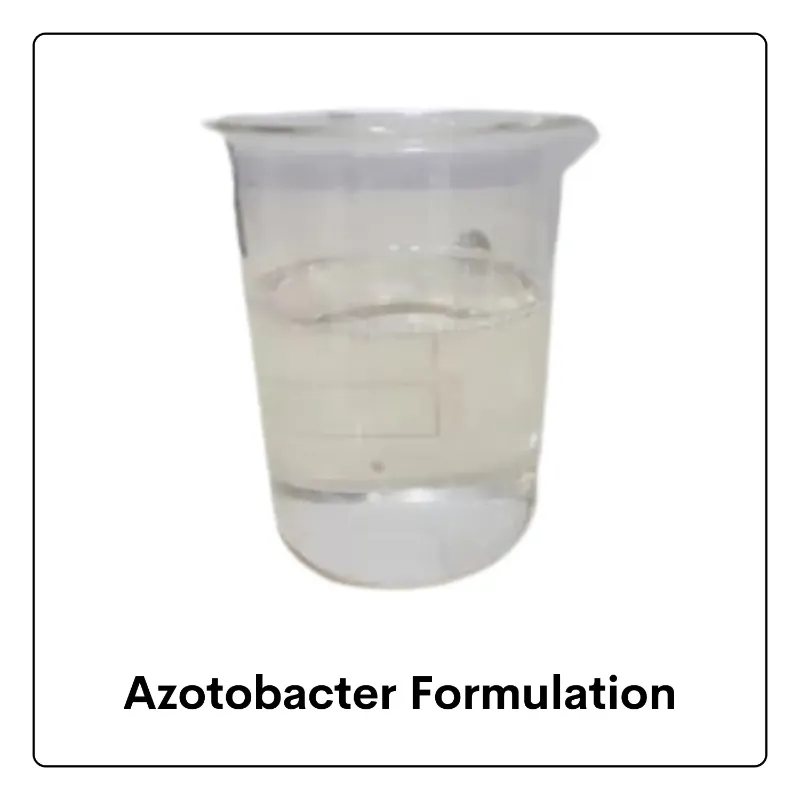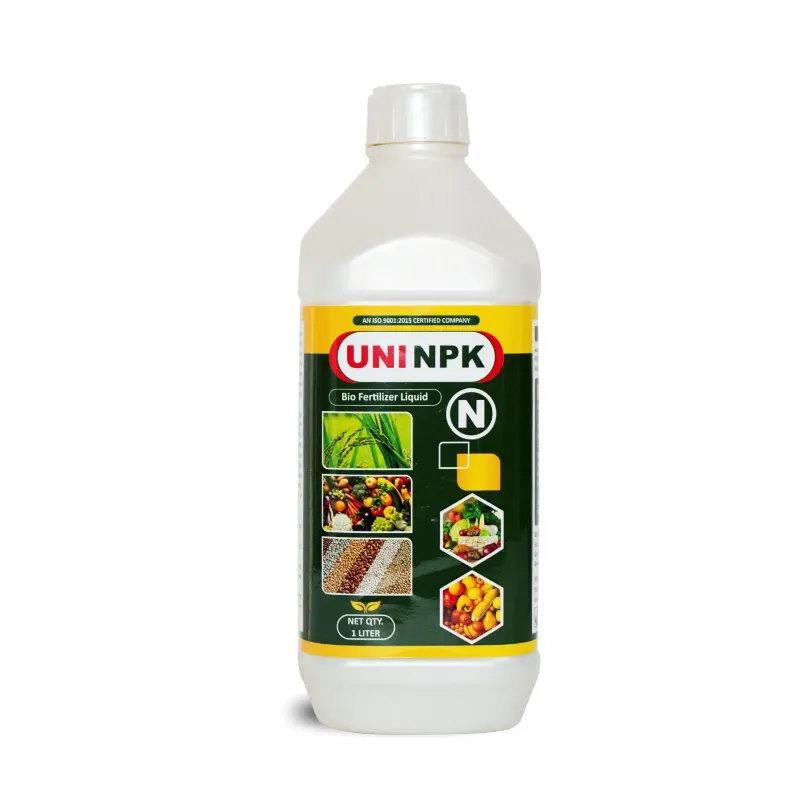Increasing crop yield is a primary goal for farmers worldwide, as it directly impacts profitability, food security, and the sustainability of agricultural practices. Achieving higher yields requires a combination of strategies that optimize soil health, enhance plant growth, and efficiently manage resources. This blog explores various practices that can help farmers increase their overall crop yield, focusing on sustainable and effective agricultural techniques.
Understanding Crop Yield
Crop yield refers to the amount of agricultural produce harvested per unit of land area. It is influenced by several factors, including soil fertility, climate conditions, crop variety, pest and disease management, and farming practices. Higher crop yields are essential for meeting the growing global demand for food, reducing production costs, and ensuring the economic viability of farming operations.
Key Practices to Increase Crop Yield
1. Soil Health Management
Soil health is the foundation of productive agriculture. Healthy soil provides essential nutrients, supports beneficial microbial activity, and retains moisture, all of which are critical for plant growth. To improve soil health, farmers can adopt practices such as:
- Organic Matter Addition: Incorporating compost, manure, and crop residues into the soil enhances soil structure, increases nutrient availability, and promotes microbial activity this leads to better root development and higher crop yields.
- Cover Cropping: Planting cover crops during the off-season helps prevent soil erosion, improve soil structure and fix nitrogen in the soil, benefiting the next crop cycle.
- Conservation Tillage: Minimizing soil disturbance through conservation tillage helps maintain soil structure, reduce erosion, and retain soil moisture, all of which contribute to higher yields.
2. Crop Rotation and Diversification
Crop rotation involves planting different crops in succession on the same land to prevent nutrient depletion and break pest and disease cycles. Diversifying crop choices can also help farmers optimize land use and increase overall productivity. Benefits of crop rotation and diversification include:
- Nutrient Management: Rotating crops, especially with legumes, helps replenish soil nutrients like nitrogen, reducing the need for synthetic fertilizers.
- Pest and Disease Control: Crop rotation disrupts the life cycles of pests and diseases that are specific to certain crops, reducing the incidence of infestations and improving yields.
- Soil Structure Improvement: Different crops have varying root structures, which can enhance soil structure and organic matter content over time.
By implementing crop rotation and diversification, farmers can improve soil fertility, reduce pest pressure, and ultimately increase their crop yields.
3. Precision Agriculture
Precision agriculture involves the use of technology to optimize farming practices based on real-time data. This approach allows farmers to manage crops more efficiently, reducing waste and improving yields. Key aspects of precision agriculture include:
- Soil Testing and Mapping: Conducting regular soil tests and mapping soil properties helps farmers apply the right amount of fertilizers and amendments, ensuring optimal nutrient availability for crops.
- Variable Rate Technology (VRT): VRT allows farmers to apply inputs such as fertilizers, pesticides, and water at variable rates across a field, based on specific crop needs and soil conditions.
- Remote Sensing and Drones: Using drones and satellite imagery, farmers can monitor crop health, detect pest and disease outbreaks early, and manage fields more effectively.
By adopting precision agriculture techniques, farmers can optimize resource use, reduce input costs, and achieve higher crop yields.
4. Efficient Irrigation Management
Water is a critical resource for crop growth, and efficient irrigation management is essential for maximizing yield. Over-irrigation can lead to waterlogging and nutrient leaching, while under-irrigation can stress plants and reduce yields. Effective irrigation practices include:
- Drip Irrigation: Drip irrigation delivers water directly to the plant roots, minimizing water loss through evaporation and runoff. It also reduces the risk of diseases by keeping foliage dry.
- Irrigation Scheduling: Using weather data, soil moisture sensors, and crop water requirements, farmers can schedule irrigation to provide the right amount of water at the right time.
- Rainwater Harvesting: Collecting and storing rainwater for irrigation can reduce reliance on external water sources and ensure a steady water supply during dry periods.
By optimizing irrigation practices, farmers can ensure that crops receive adequate water for growth, leading to improved yields and water use efficiency.
5. Integrated Pest Management (IPM)
Pests and diseases can significantly reduce crop yields if not properly managed. Integrated Pest Management (IPM) is an approach that combines biological, cultural, mechanical, and chemical control methods to manage pests in an environmentally and economically sustainable way. Key components of IPM include:
- Biological Control: Introducing natural predators, parasites, or pathogens to control pest populations can reduce the need for chemical pesticides.
- Cultural Practices: Crop rotation, intercropping, and proper spacing can help reduce pest and disease incidence by creating unfavorable conditions for their development.
- Monitoring and Scouting: Regular monitoring of crops for pest and disease symptoms allows for early detection and timely intervention, minimizing damage and yield loss.
By implementing IPM, farmers can protect their crops from pests and diseases while minimizing the use of harmful chemicals, leading to healthier crops and higher yields.
6. Use of High-Quality Seeds and Varieties
In addition, the choice of seeds and crop varieties plays a crucial role in determining crop yield. High-quality seeds with good germination rates, disease resistance, and adaptability to local conditions can significantly improve yields. Considerations when selecting seeds include:
- Hybrid Varieties: Hybrid seeds often have higher yield potential and better resistance to diseases and pests compared to traditional varieties.
- Disease-Resistant Varieties: By choosing varieties that are resistant to common diseases, you can consequently reduce the need for chemical interventions and thus prevent yield losses.
- Drought-Tolerant Varieties: In regions prone to water scarcity, therefore, drought-tolerant varieties can ensure stable yields, even under limited water availability.
By using high-quality seeds and selecting varieties that suit local growing conditions, farmers can achieve higher yields and better crop performance.
7. Balanced Fertilization
Fertilizers play a key role in providing essential nutrients to crops. However, balanced fertilization is crucial to avoid nutrient imbalances that can harm crop growth. Practices for balanced fertilization include:
- Soil Testing: Conducting soil tests to determine nutrient levels, and subsequently applying fertilizers based on the specific needs of the soil and crop.
- Slow-Release Fertilizers: Using slow-release fertilizers can, therefore, provide a steady supply of nutrients throughout the growing season, which in turn reduces the risk of nutrient leaching.
- Use of Biofertilizers: Biofertilizers, such as those offered by Unicrop Biochem, enhance nutrient availability in the soil and promote healthy plant growth. For example, Azoto-N Biofertilizer increases nitrogen availability, while KMB Biofertilizer mobilizes potassium, both of which contribute to higher crop yields.
By adopting balanced fertilization practices, farmers can ensure that crops receive the nutrients they need for optimal growth and productivity.
How Unicrop Biochem Products Contribute to Higher Yields
Unicrop Biochem offers a range of products that are specifically designed to enhance crop yields through sustainable and innovative agricultural practices. Their biofertilizers, such as Azoto-N and KMB, play a vital role in improving soil fertility and nutrient availability, leading to healthier crops and higher yields.
- Azoto-N Biofertilizer: Enhances nitrogen fixation in the soil, providing a natural and sustainable source of nitrogen for crops, which is essential for vegetative growth and higher yields.
- KMB Biofertilizer: Mobilizes potassium in the soil, which is crucial for improving crop quality, stress tolerance, and overall yield.
By incorporating Unicrop Biochem’s products into their farming practices, farmers can achieve higher yields while maintaining soil health and reducing the reliance on chemical inputs.
Conclusion
Increasing crop yield is a multifaceted challenge that requires a combination of effective practices and innovative solutions. By focusing on soil health, adopting precision agriculture, implementing efficient irrigation and pest management strategies, and using high-quality seeds and balanced fertilization, farmers can significantly enhance their crop yields.
Unicrop Biochem’s range of biofertilizers and other agricultural products provide farmers with the tools they need to achieve higher yields sustainably. By integrating these products into their farming practices, farmers can improve crop productivity, profitability, and long-term sustainability.
